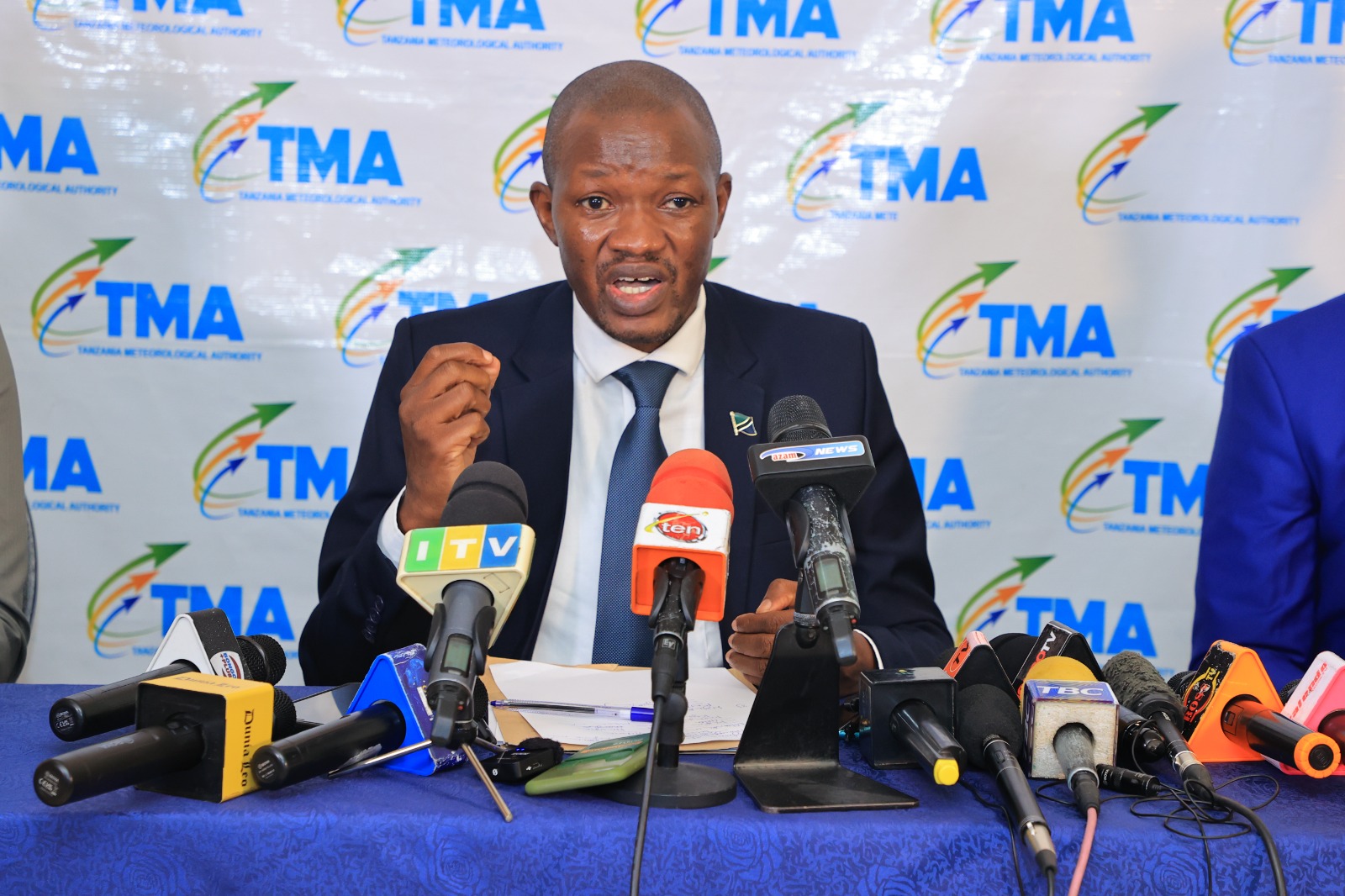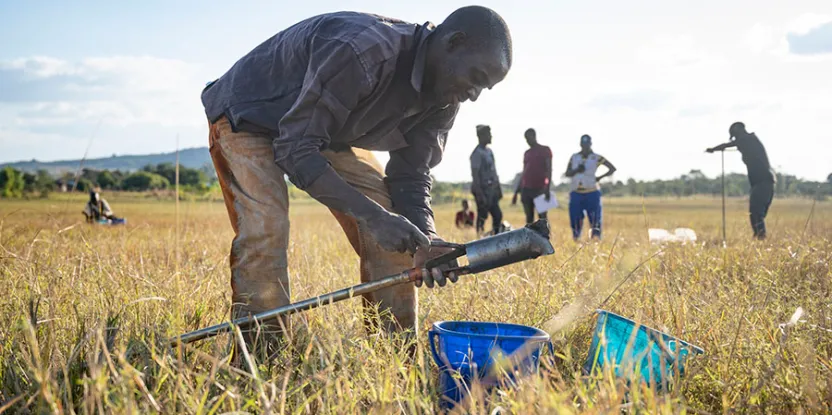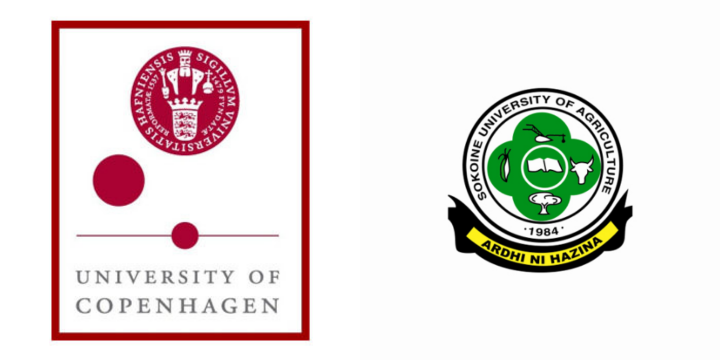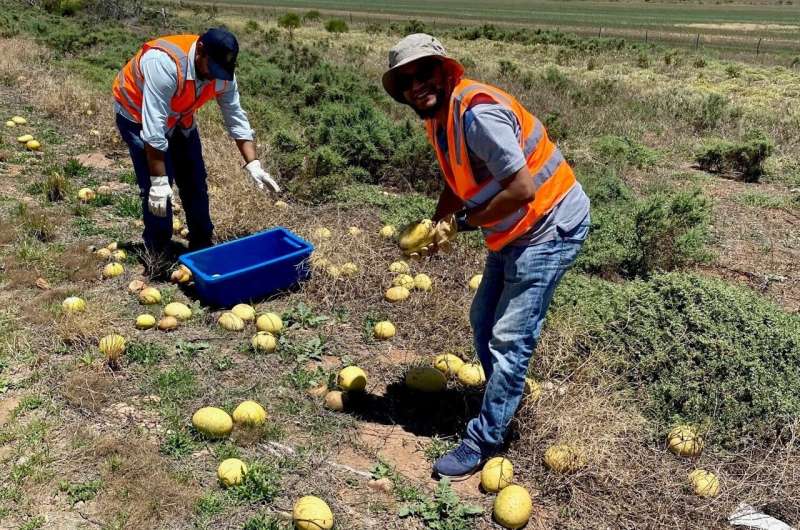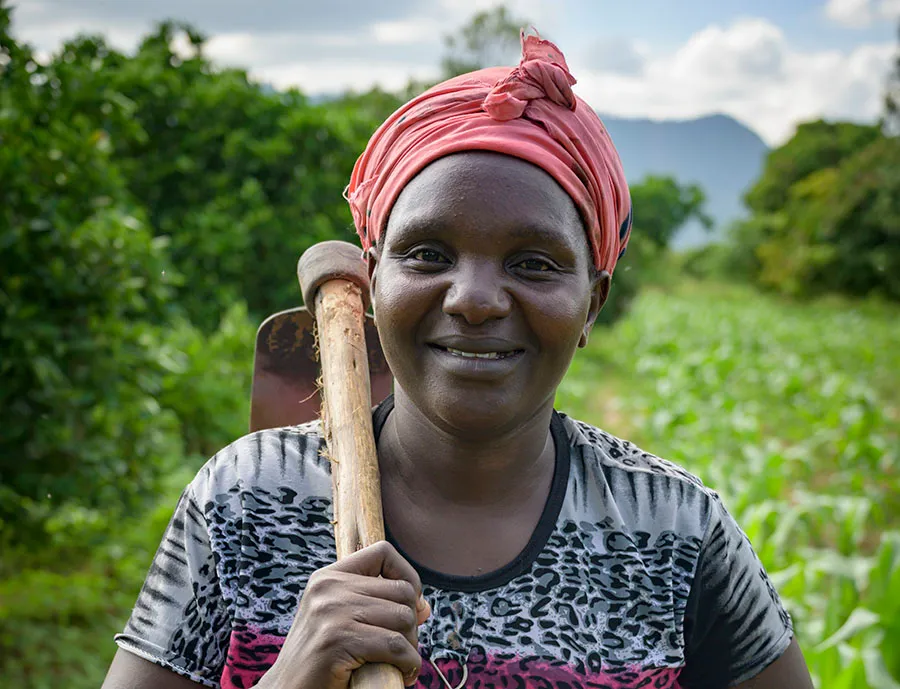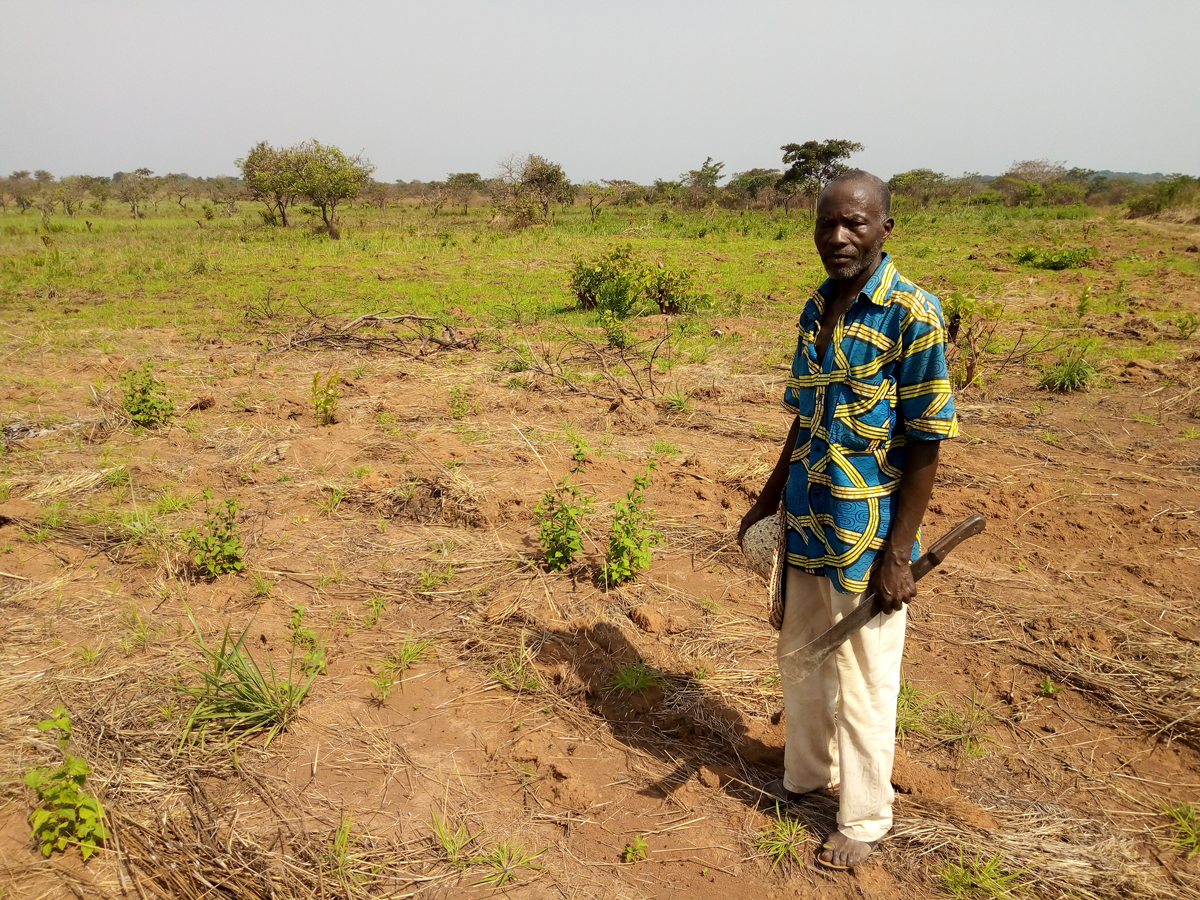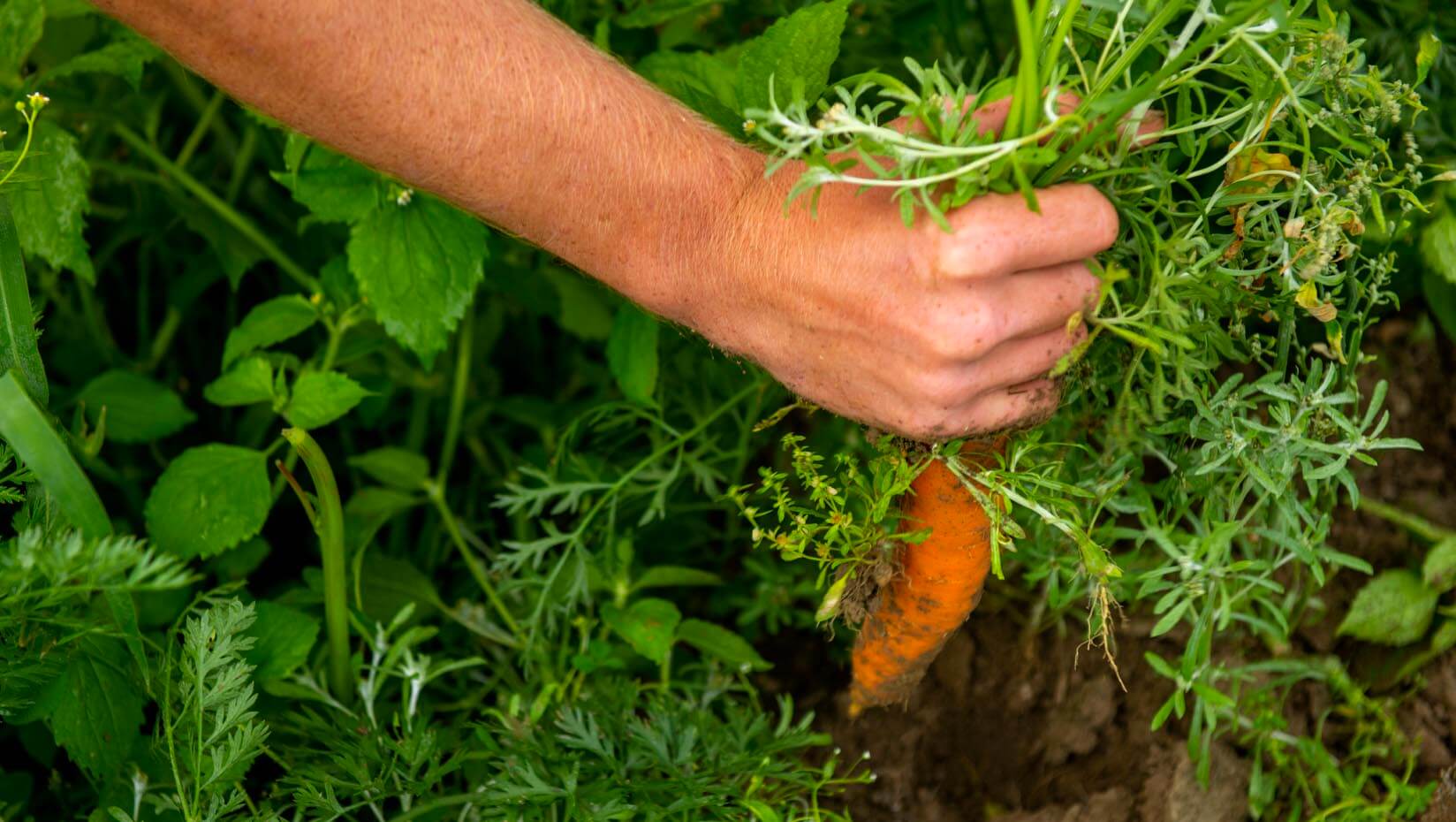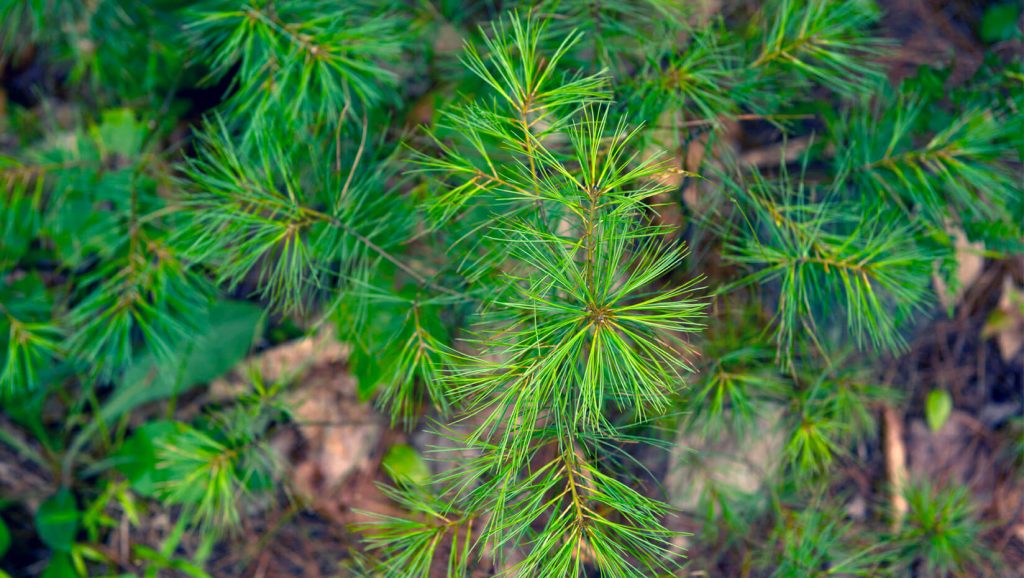The Tanzania Railway Corporation (TRC) recently initiated the first official trial of the nation’s inaugural electric train, running from Dar es Salaam to Morogoro. During the launch, Mobhare Matinyi, the Chief Government Spokesperson and Director of Information Service at the Ministry of Information, Communication, and Information Technology, expressed the government’s ambition to extend the Standard Gauge Railway […]


